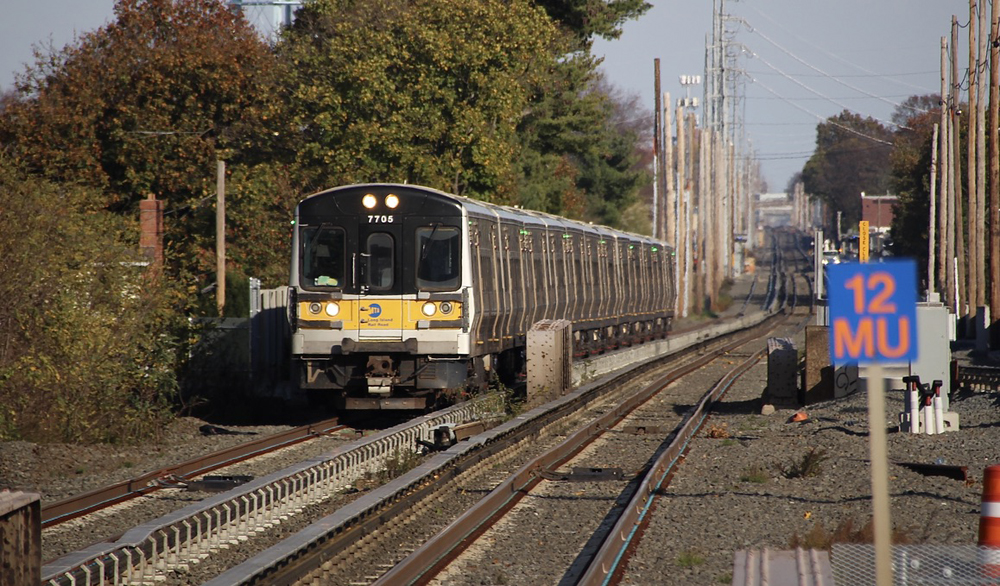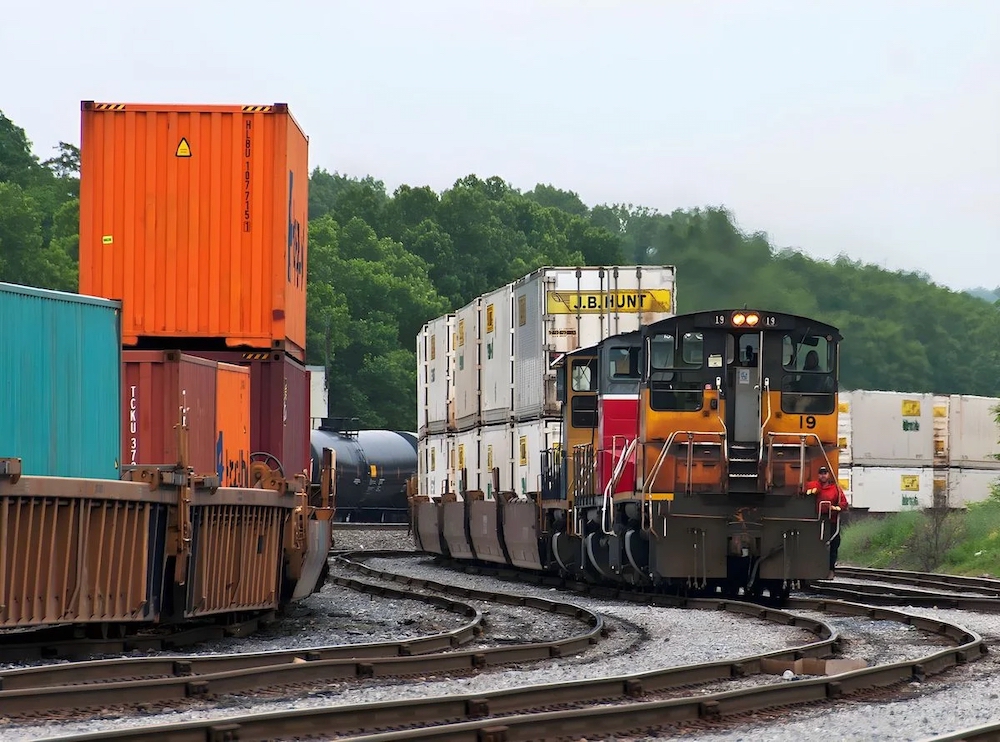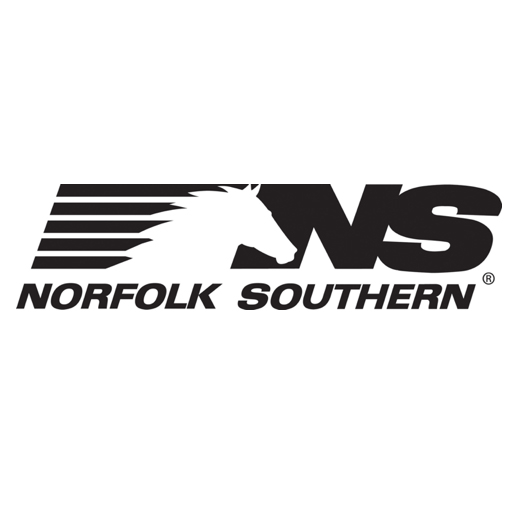More Friday morning rail news:
— Canadian National has filed suit against protesters in British Columbia who blockaded its tracks in February, seeking damages, a permanent injunction against blockades, and an enforcement order by police. The CBC reports that the suit against unnamed individuals who blocked its main line between Smithers and Terrace, B.C., on Feb 8-9 caused the railroad to suffer “significant economic damage” because the blockade affected traffic to and from the port of Prince Rupert, B.C., worth $135 million a day. It was one of more than 30 blockades over three weeks that halted rail traffic across Canada in support of a First Nations protest over a planned gas pipeline, disrupting passenger and commuter rail traffic as well as freight movements. [See “Canadian government, indigenous groups reach tentative deal on pipeline protest,” Trains News Wire, March 2, 2020.]
— The Surface Transportation Board issued three decisions on demurrage and related rules on Thursday, setting the stage for a final policy statement to be issued May 30, with rules effective June 20, 2020. The Policy Statement on Demurrage & Accessorial Rules & Charges provides information on principles the board will use to evaluate those rules and charges, and seeks to facilitate more private negotiations and problem solving between railroads and shippers. Demurrage Billing Requirements directs railroads to directly bill shippers when shippers and warehousemen agree to such an arrangement and inform the carrier, in order to ensure the responsibility for demurrage is placed on the party in the best position to expedite loading and unloading of railcars. Also as part of Demurrage Billing Requirements, the board issued a supplemental notice of proposed rulemaking, inviting comments on proposed changes to information to be included on the demurrage billing of Class I carriers. Links to the rules and decisions are available at the STB website.
— The Trillium Line of Ottawa’s O-Train light rail line will close after Saturday’s service for a two-year construction project. CTV News reports the diesel-powered line will expand from its current five stations and 5 miles southward by another 5 miles, with eight new stations, and a connection to Ottawa International Airport. Buses will provide alternative service during the construction project.















It does not affect the Confederation line, they are two separate operations. The Trillium line is running on the former Canadian Pacific’s Ellwood subdivision, while the Confederation line is running on a new right-of-way that mirrors the previous Transitway bus rapid transit corridor.
Why is the Ottawa line shutting down for 2 years for an expansion project? How does affect the existing line?
And the elected Wet’suwet’en chiefs have just rejected Ottawa’s offer. It’s not over yet, and at the heart, it’s always been a domestic power struggle among local tribes that should have never become a countrywide blockage.
It’s ironic that the action by CN is taken today. It has just been announced that two senior Crown ministers, one federal and one provincial, will meet in two weeks with the hereditary chiefs “…to affirm and implement Wet’suwet’en title and rights….” This from the Globe and Mail and the CBC.